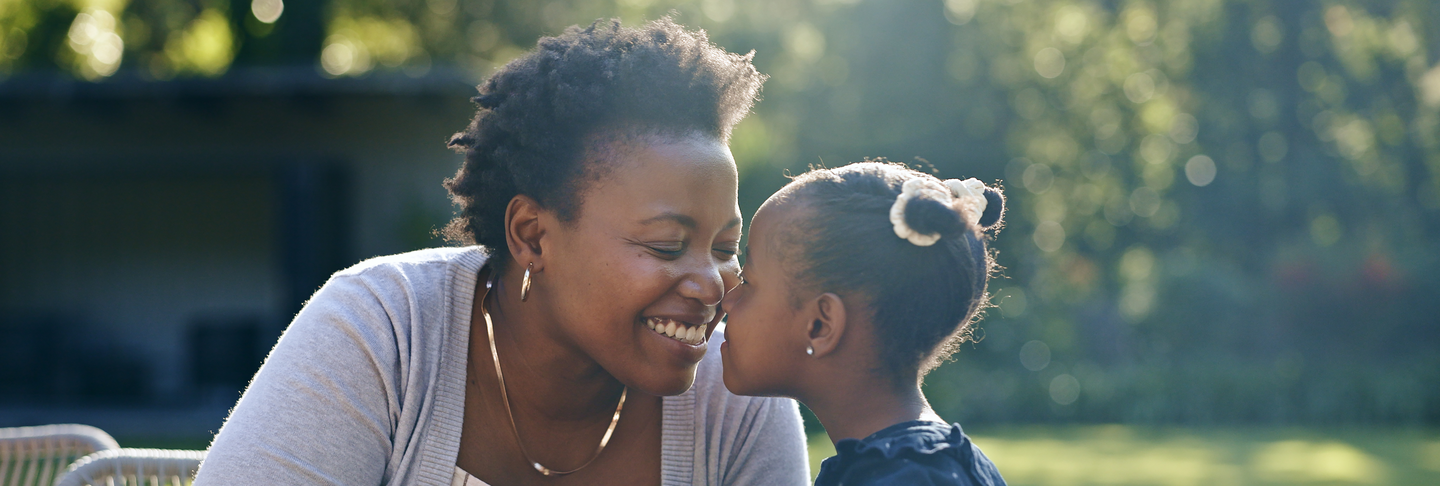For help in finding a physician, making appointments and general information call Riverside Nurse.
1-800-675-6368For help in finding a physician, making appointments and general information call Riverside Nurse.
1-800-675-6368
Don’t wait to reach out to your health care provider if you notice a change in how your breasts normally look and feel, even if your last mammogram was normal. Your peace of mind and health are worth it. Signs to look for include:
A lump in the breast or under the arm | Skin changes, including a dimple, redness or thickening | Change in breast shape or size | Nipple discharge | Scaling or redness of the nipple and/or areola | Nipple retraction or inversion | New breast pain

Breast cancer in young women is more likely to be an aggressive form that is fast growing, more challenging to treat and has a higher chance of recurrence and spread.
The risk for breast cancer is not the same for all women.
Many women believe that if there is no breast cancer in their family they are not at risk.
While family history is important only 5-10% of breast cancers are due to an inherited genetic mutation, and up to 70% of all breast cancers diagnosed in the USA arise in women without any significant family history of breast cancer.
Genetic mutations
You're at higher risk if your family members have a mutation, especially BRCA1 or BRCA2 genes. Individuals with hereditary risk for breast cancer may have up to an 85% lifetime breast cancer risk.
History of abnormal breast biopsy
Atypical cells on a breast biopsy puts you at a higher risk for developing breast cancer.
Dense breasts, seen on mammogram
Breasts comprised of more connective and glandular tissue and less fatty tissue have been associated with higher cancer risks and lower chances of detection on mammography.
A high body mass index (BMI) of 25 or more
BMI is based on your weight in relation to your height and indicates if you're at a healthy weight. The higher your BMI, the higher your risk for developing breast cancer.
Age
Risk of breast cancer increases with age. In fact, two out of three invasive breast cancers are found in women over 55. Early onset of menses (before age 12) or delayed menopause also place you at higher risk for developing breast cancer.
History of chest wall radiation at a young age
Chest radiation at a young age for diseases such as lymphoma, Hodgkins Disease, and others increases breast cancer risk up to three times higher than the general population. This increase is highest starting 10-20 years after the radiation is completed.
Other family history
A family history of other cancer such as pancreas, prostate or melanoma, or an Ashkenazi/ Eastern European Jewish ancestry may place you at higher risk of developing breast cancer.
Race and ethnicity
There are disparities in how breast cancer impacts different races and ethnicities.

30% of breast cancer cases may be prevented by adopting a cancer prevention lifestyle.
While not all risk factors can be modified, you can empower yourself and make sure your breast cancer risk is as low as possible by choosing the healthiest lifestyle options.

If you are uninsured, unable to qualify for Medicaid or Medicare and unable to afford your annual screening mammogram, please contact our Cancer Outreach Office for assistance at 1-800-520-7006. Riverside is able to offer screening mammograms and cervical cancer screenings at no cost to eligible women through the grant support of the Every Woman’s Life Program (part of the National Breast and Cervical Cancer Early Detection Program - NBCCEDP), and the Riverside Health Foundation.
If breast cancer is detected, women diagnosed through this program are automatically enrolled in Medicaid for their treatment.
For more information on this program, or to see if you qualify, please call 1-800-520-7006.